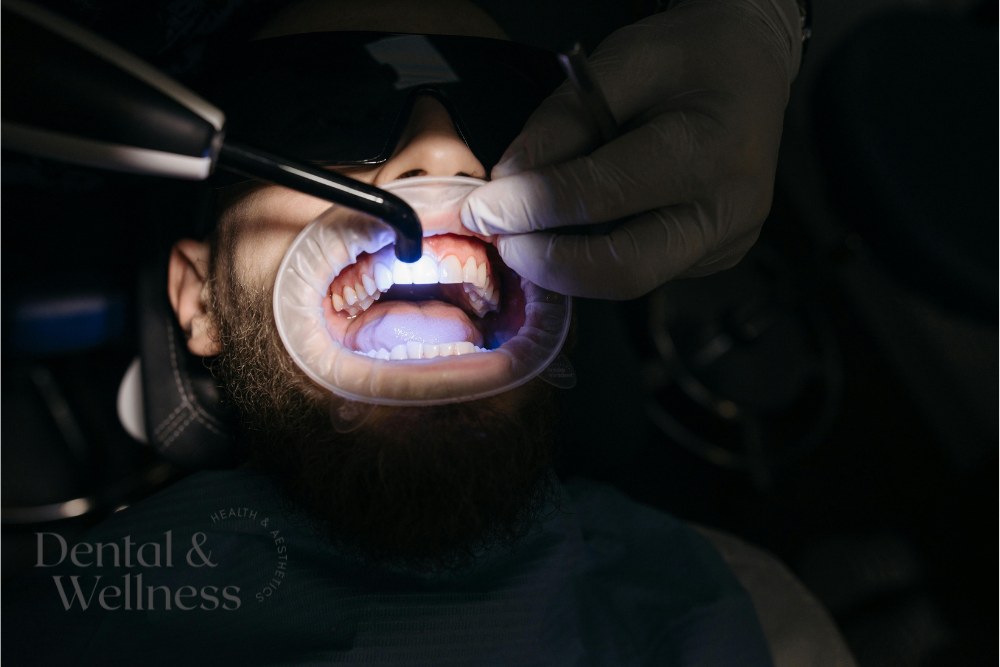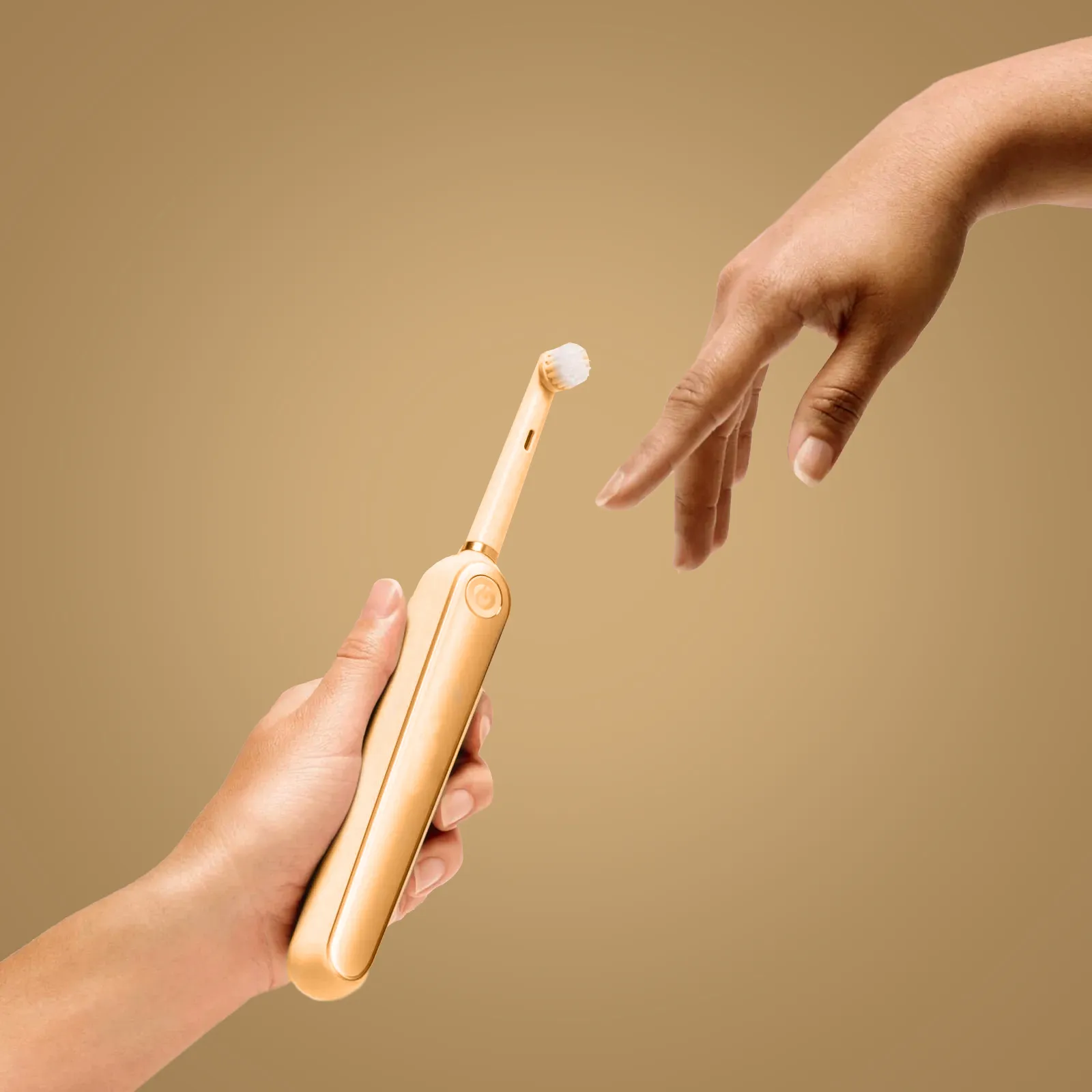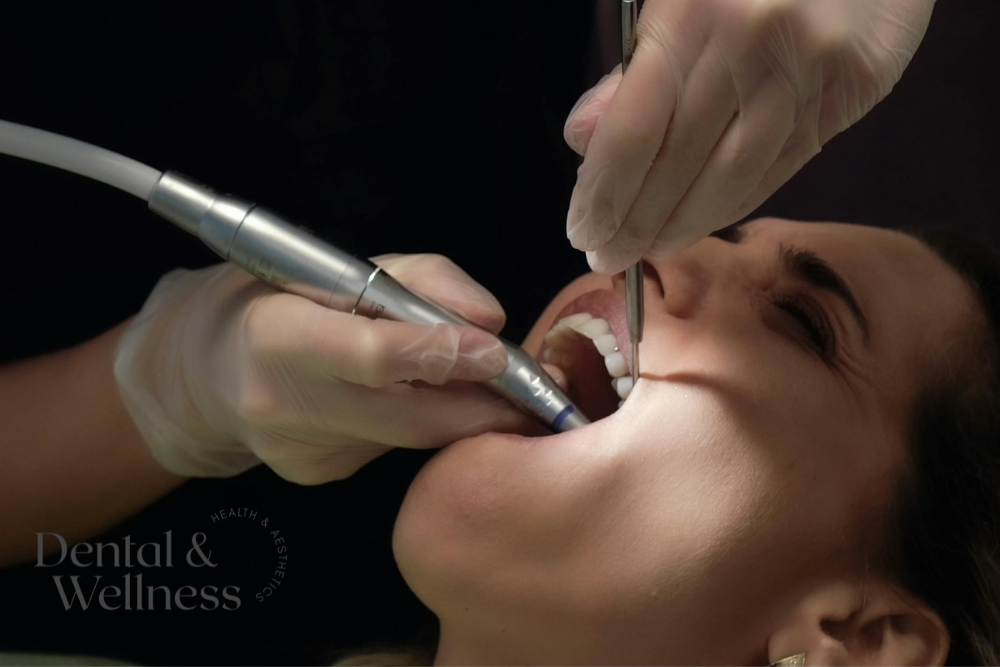- Tooth cavity filling restores decayed or damaged teeth using biocompatible dental materials.
- Common types of filling materials are composite, glass ionomer, amalgam, ceramic, and gold.
- The procedure involves clinical evaluation followed by removal of decay (drilling) and restoration with a suitable filling material.
- Private dental filling cost in the UK is £70–£130 (amalgam), £150–£250 (composite), and £300–£800+ (ceramic/gold)
Tooth Cavity Filling: An Overview
Tooth decay is one of the most common dental problems, affecting people across all age groups. Even a small cavity can compromise a tooth’s function, and if left untreated, it can lead to pain, infection, and further complications. In such cases, tooth fillings not only restore functionality but also prevent further damage.
Modern dentistry offers a variety of tooth cavity filling options, which can make choosing the right one confusing. This guide aims to simplify the decision by providing a clear overview of the different types of fillings. We will also discuss the procedure, aftercare, and cost of dental fillings in the UK.
What is a Tooth Cavity Filling?
A tooth cavity filling is a restorative procedure where decayed tooth structure is removed and replaced with a biocompatible material. This restores the tooth’s shape, integrity, and chewing function.
Main objectives of tooth cavity filling:
- Stops tooth decay by removing the damaged part.
- Prevents bacteria from spreading and causing more harm.
- Makes the weakened tooth stronger.
- Reduces pain and sensitivity caused by the cavity.
- Helps avoid bigger treatments like root canals or extractions later.
Types of Tooth Filling Materials
There are several filling options available, and dentists select the most suitable material based on the tooth’s location, size of the cavity, and patient preferences. Here’s a closer look at some common types:
1. Composite Fillings
Composite fillings are made from a mixture of resin and fine glass particles. They are tooth-coloured, making them a popular choice for restoring teeth while keeping a natural appearance.
Pros:
- Bond directly to the tooth with the curing light
- Require minimal removal of natural tooth structure
- Suitable for both front and back teeth
Cons:
- Sensitive to moisture during placement
- May stain or discolour over time
- Typically lasts 5–10 years, depending on oral care and bite stress
2. Amalgam Fillings
Amalgam fillings, often called silver fillings, are made from a mixture of mercury, silver, copper, and tin. They have been used in dentistry for over a century due to their strength and durability.
Pros:
- It can withstand strong chewing forces and is ideal for back tooth cavity filling
- Cost-effective and reliable
- Last 10–15 years or more with proper care
Cons:
- Metallic appearance, which is less natural-looking
- Contains mercury and is not suitable for those with metal allergies
- It may cause tooth fractures over time due to expansion and contraction from temperature changes.
3. Glass Ionomer Fillings
Made of powdered glass and acrylic, glass ionomer fillings are often used near gum lines or in children.
Pros:
- Bond directly to tooth structure
- Release fluoride, which helps prevent further decay
- Requires less tooth removal
Cons:
- Lower strength compared to composites and amalgam
- Brittle and may need frequent replacement
- Sensitivity to moisture during placement
4. Ceramic Fillings (Porcelain)
These laboratory-made fillings are ideal for front tooth cavity filling. Also called porcelain fillings, these look natural and are ideal for front teeth.
Pros:
- Highly resistant to stains
- Durable, lasting 10–15 years
- Closely matches the natural colour of teeth
Cons:
- Can be brittle and may chip or crack under strong pressure
- More expensive than other filling options
- Usually requires two visits due to lab fabrication
5. Gold Fillings
Gold fillings are lab-made using a gold alloy combined with copper and other metals. They are known for their strength and longevity.
Pros:
- Very durable, lasting up to 15 years or more
- Excellent fit and highly biocompatible
- Suitable for large cavities in the back teeth
Cons:
- Very costly compared to other materials
- Metallic colour makes them very noticeable
- May increase sensitivity to hot and cold due to the metal’s conductivity
Step-by-Step Procedure of Tooth Cavity Filling

Here’s what the specialists at Dental & Wellness London follow during the filling process:
- Diagnosis and X-rays: The dentist examines the teeth and takes X-rays to assess cavity depth.
- Anaesthesia and isolation: Local anaesthesia numbs the tooth if needed. A rubber dam is often used to keep the area dry.
- Decay removal: Decayed tooth material is removed using a drill or hand instruments.
- Cavity shaping and cleaning: The cavity is shaped and thoroughly cleaned to eliminate bacteria.
- Filling placement: The chosen material is placed. Composite fillings are cured in layers with a special light.
- Finishing and polishing: The dentist shapes the filling to fit your bite and polishes it for a smooth finish.
The procedure usually takes 20–60 minutes, depending on the cavity size.
Aftercare Tips for Tooth Cavity Filling
To ensure your filling lasts, follow these tips:
- Wait at least 1–2 hours before eating after the procedure
- If you have an amalgam filling, avoid chewing on that side for 12 hours
- Avoid hard or sticky foods for the first day
- Brush twice daily with fluoride toothpaste
- Cut down on sugary foods and drinks
- Avoid smoking and tobacco use
- Limit foods and drinks that can stain teeth, like coffee or wine
- Attend regular dental check-ups every six months

Costs of Tooth Filling in the UK
The cost of a filling depends on the type of material, the location of the tooth, the size and depth of the cavity, and where the clinic is located. The approximate cost of private fillings in the UK is as follows:
- Amalgam (silver): £70–£130
- Composite (white): £150–£250
- Ceramic/porcelain: £300–£800+
- Gold fillings: £300–£1,500
Conclusion
Treating cavities early is crucial, as it prevents the need for more complex and costly dental procedures in the future. One of the most effective ways to address this is through a tooth cavity filling. It is a simple yet vital treatment to restore the function, health, and aesthetics of your teeth. If you suspect a cavity, book an appointment with an experienced dentist in Islington promptly.
At Dental & Wellness London, we provide high-quality tooth fillings in Islington as part of our comprehensive dental services. Our experienced team ensures that each treatment is comfortable, effective, and meets your needs. Once the procedure is completed, we will also provide you with aftercare instructions to maintain the filling and protect your tooth.
Call us today at +44 02081274567 or visit us at 222 Essex Road, London, N1 3AP, to schedule your consultation. You can also write to us at reception@dentalwellnesslondon.co.uk.
FAQs
Does tooth cavity filling prevent decay?
A filling repairs existing damage but does not prevent new decay. However, it reduces the risk of recurrence if proper oral hygiene is maintained.
Is tooth cavity filling painful?
No. With local anaesthesia, most patients feel little to no pain. Post-treatment sensitivity is usually mild and temporary.
Can you fill the cavity on a front tooth?
Yes. Front tooth cavities are commonly filled with tooth-coloured composite or porcelain materials for a natural look.
How long does a filling last?
The lifespan of a dental filling depends on the material and lifestyle habits. Silver (amalgam), gold, and porcelain fillings can last 10–15 years or longer, while composite fillings may need replacement after 5–10 years, as they can wear down or stain over time.
What if my tooth cavity filling falls out or fractures?
If a filling falls out or breaks due to wear, trauma, or decay underneath, it can be replaced by your dentist. Any new decay will be removed, and a new filling will be placed to restore the tooth and protect it from further damage.













